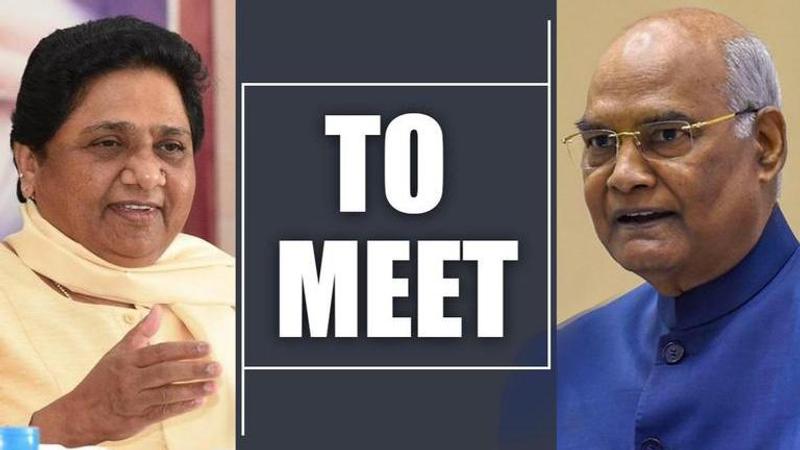Published 08:07 IST, December 18th 2019
Citizenship Amendment Act protest: BSP MPs to meet President, seek withdrawal of law
Bahujan Samaj Party supremo Mayawati stated that BSP’s parliamentarians would meet President on Wednesday to protest against the CAA and seek its withdrawal.

Bahujan Samaj Party supremo Mayawati stated that BSP’s parliamentarians would meet President Ram Nath Kovind on her directions on Wednesday at 10.30 am. The purpose of this meeting will be to oppose the Citizenship Amendment Act and seek its withdrawal. While BSP officially voted against the legislation in both Houses of the Parliament, two of its MPs were not present in the Rajya Sabha during the voting process.
'The argument is not relevant at all'
On Tuesday, the BSP chief mentioned that there were violent protests across India over the passage of the CAA. Dubbing it as "divisive" and "unconstitutional", she said that the government had selfish interests in mind. Moreover, she expressed her complete disapproval of the Centre's argument to introduce the CAA.
Mayawati had remarked, "The whole country is witnessing violent protests on CAA. This happens only when govt on its selfishness targets a community unconstitutionally and discriminates between them. Muslim society has been ignored in the newly enacted citizenship law and our party does not agree with it. We consider this Act as divisive and unconstitutional and thus voted against it in parliament. With the central government's move, it seems that if the central government wants to take revenge from the Muslims of India for the violence committed against Hindus in Pakistan, then the argument is not relevant at all."
Citizenship norms eased
The CAA seeks to provide citizenship to the minority communities namely Hindus, Sikhs, Buddhists, Jains, Parsis and Christians from Afghanistan, Bangladesh and Pakistan. This will be applicable to the members of these communities having arrived in India on or before December 31, 2014. Moreover, they will not be considered as illegal migrants. Additionally, the mandatory residence period for naturalised citizenship for these communities has been reduced to 5 years.
Updated 10:32 IST, December 18th 2019




